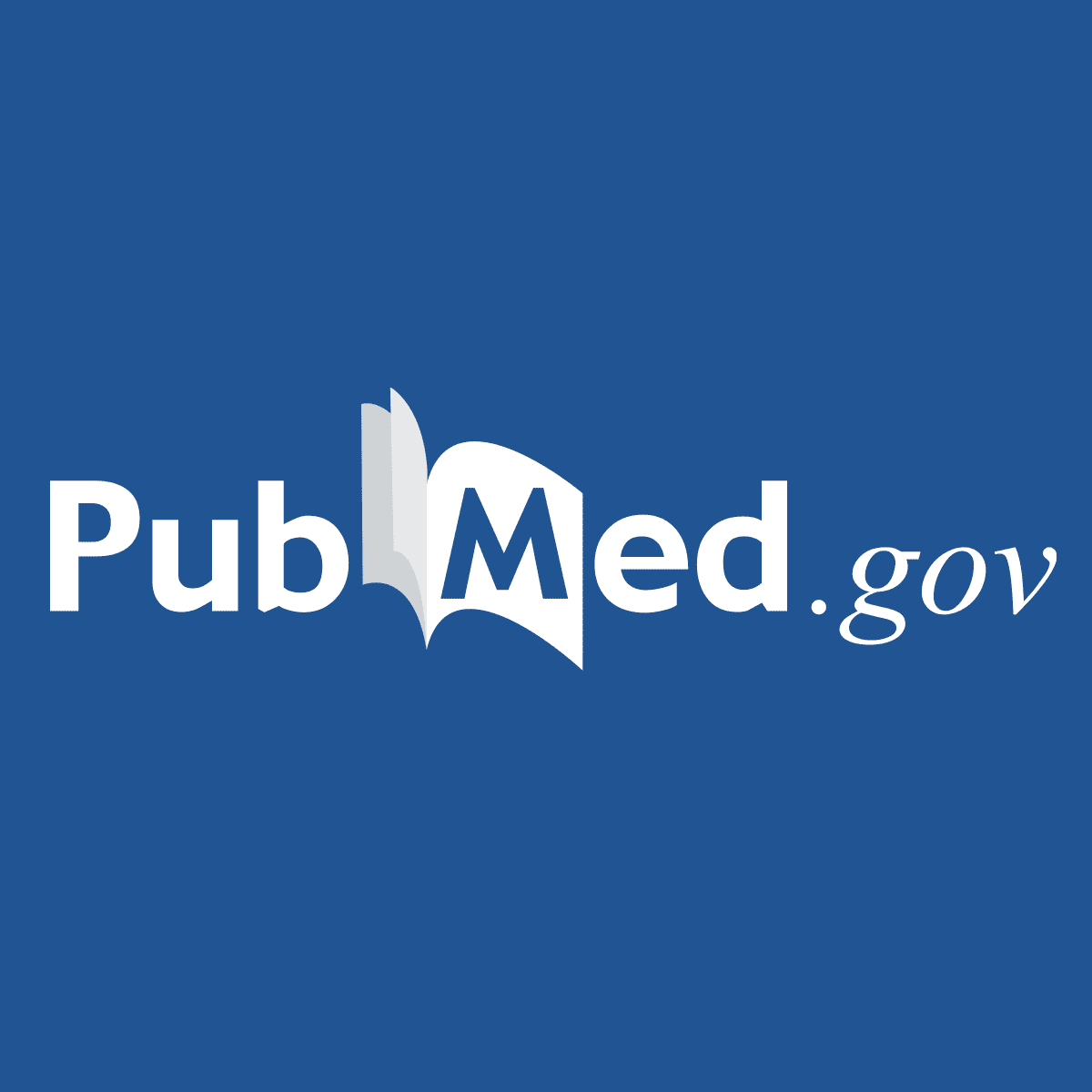Does Peat speak about NMDA HYPOactivity at all?
I've seen some quotes from him about hyperactivity, but not hypo.
I would have thought that hypo would be more consistent with the "hibernation" state he speaks about.
Anyway, would love to know more about how he sees NMDA fitting in with the constellation of symptoms that he describes.
If you know of any, I'd love some references.
Thank you :)
I've seen some quotes from him about hyperactivity, but not hypo.
I would have thought that hypo would be more consistent with the "hibernation" state he speaks about.
Anyway, would love to know more about how he sees NMDA fitting in with the constellation of symptoms that he describes.
If you know of any, I'd love some references.
Thank you :)

